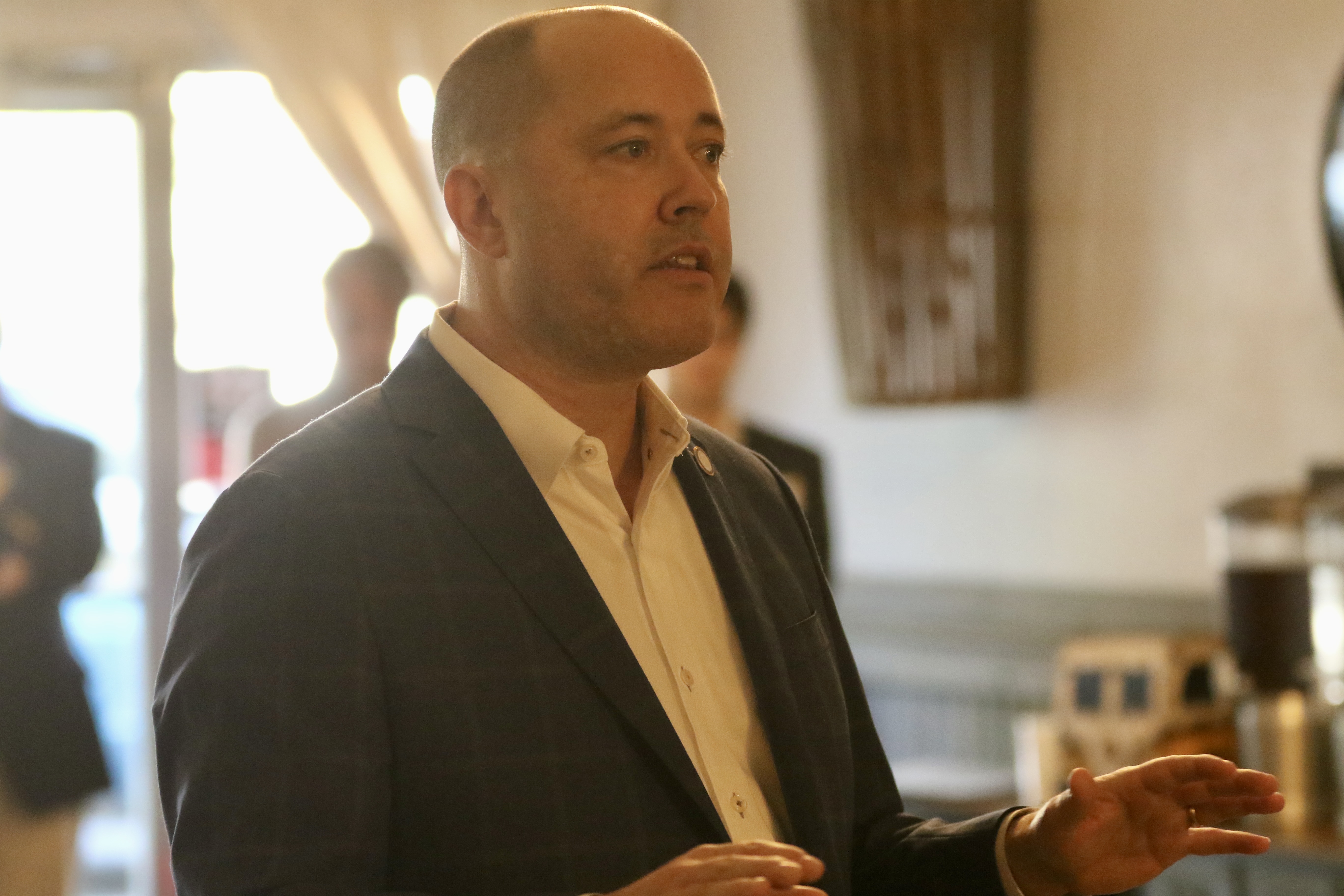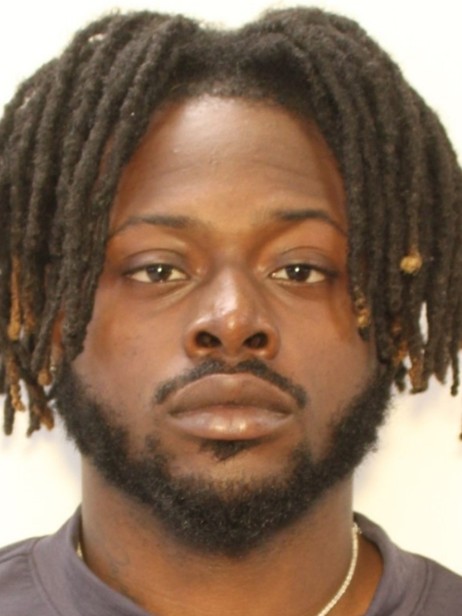EDITORIAL: Body cameras good for public, police
Published 9:00 am Tuesday, April 23, 2019
Police body cameras are good for the public.
They are good for law-enforcement officers.
Our SunLight Project articles this past weekend revealed that body cameras protect the public and law-enforcement officers. Most police agencies in the SunLight Project areas of Valdosta, Dalton, Milledgeville, Moultrie, Thomasville and Tifton use body cameras.
Though expensive, we would urge any law-enforcement agency not already using body cameras to find funding to implement them.
We believe all patrol officers should wear body cameras that should be on and working during all interactions with the public.
The recordings of those interactions should be regarded as open public records, just like an initial incident report.
This is the world we are living in.
Body camera videos protect both the officer and the public.
Police shootings throughout the nation shined the spotlight on the need for law-enforcement transparency.
Anytime an officer-involved shooting takes place it is important for the agency to be forthcoming with all the information leading up to, during and following the incident.
Sometimes bad people do bad things and police are justified in protecting the public or protecting themselves against a violent person.
Sadly, as much as some people might not want to admit it, there are also bad cops who do bad things.
While body cameras or personal cellphone cameras may not tell the whole story, the technology provides more information than has ever been available and both the police and the public should know all of their actions will potentially be caught on camera.
The public has every right to capture the actions of police on video and police have no right to prohibit people from recording video.
People encountering law-enforcement personnel should respect the authority and comply with instructions, if for no other reason than their personal safety.
Police officers should also be respectful toward people they encounter in the commission of their duties.
When we show respect, we are more likely to receive respect.
In a high-pressure, frightening situation, it is not easy and maybe not even possible to be polite. A dangerous and out of control situation may require force, maybe even deadly force.
Those situations are less frequent when on a daily basis police work hard to maintain a culture of respect and residents, regardless of race or other demographics, have an expectation of respect.
We believe such a culture exists between the community and area law-enforcement agencies.
We commend city and county authorities for equipping officers with body cameras.
Situations can spiral out of control and things can go bad in a hurry anywhere, but having a video record can better explain what happened and possibly ensure all parties treat one another with civility and respect.





